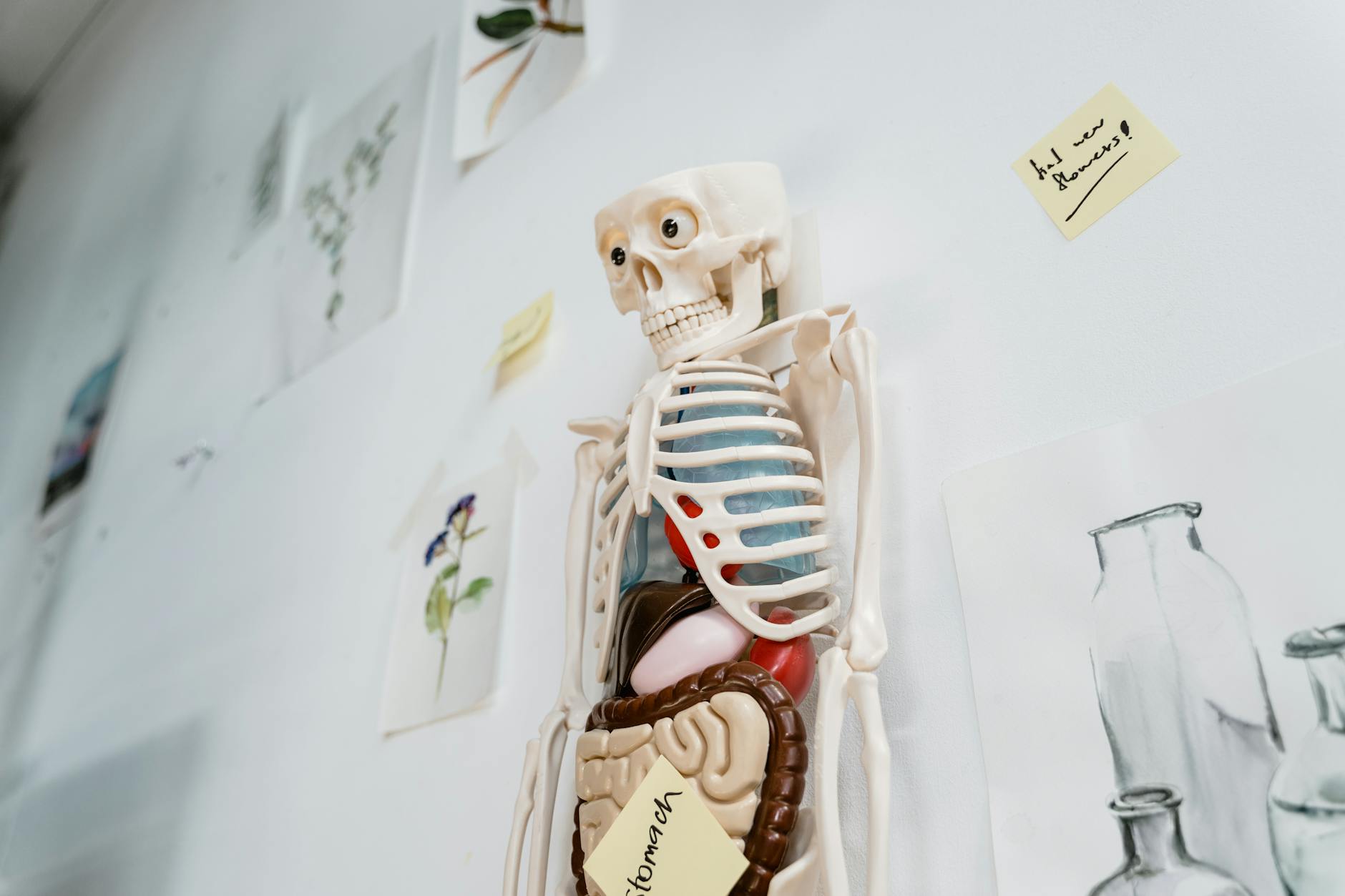How to Enhance Early Childhood Education in Australia

Inclusive Practices
Incorporating inclusive practices into early childhood education is essential for creating a nurturing environment where every child feels valued. As an inclusive learning specialist, one key method is embracing diversity within the classroom. Utilizing community services courses can help educators understand different social and cultural backgrounds, paving the way for more inclusive teaching methods. Offering insights on early childhood development, these courses highlight how children's unique needs can be met through diverse strategies.
Supporting children with special needs requires tailored approaches. To address this, educators can follow structured support plans, integrating insights gained from a diploma of community services to ensure all children are included. This involves working alongside specialists and family members to develop comprehensive learning plans that accommodate each child's individual requirements.
Cultural sensitivity is another cornerstone of inclusive education. Techniques such as celebrating various cultural events and integrating traditional stories can help build a culturally aware classroom. These activities not only make learning more engaging but also foster a deeper understanding of different cultures.
While empowering educators with these practices, it's vital to remember the value of iconic locations like the Sydney Opera House, which serves as an ideal backdrop for teaching cultural heritage and arts appreciation. Through employing these inclusive strategies, early childhood educators can make a significant impact, fostering an environment where all children thrive.
Innovative Teaching Strategies
Integrating Technology
In my role as an inclusive learning specialist, I'm always looking to merge traditional education with innovative strategies. One of the most impactful ways to enhance early childhood education is by integrating technology. This approach aligns with the insights on early childhood development, enabling young learners to engage in interactive activities. Tablets and educational apps can make learning more accessible, breaking down complex concepts into digestible content. It's akin to using aged care training techniques, where technology aids understanding and practice. Sydney Opera House stands as a testament to how embracing technology can meet traditional practices, much like we strive for in education.
Play-Based Learning Models
Play-based learning is another promising strategy I've found to be effective. By allowing children to explore and learn through play, educators can foster creativity and problem-solving skills. This model encourages self-motivation and innovation. Structured play sessions can be used as teaching moments, much like the practical lessons learned when studying for a certificate iv in mental health. It’s a hands-on approach that resonates with children and maximises their potential.
Collaborative Learning Activities
Finally, implementing collaborative learning activities is crucial. This approach helps children work together, fostering social skills and emotional intelligence. It's about creating an environment where students can share ideas, much like professionals collaborate during seminars. Activities like group projects and peer teaching sessions empower children, preparing them to tackle real-world challenges with confidence. This strategy not only supports individual growth but also builds a sense of community within the classroom.
Overcoming Institutional Resistance
Effective Communication Methods
One challenge you might face as you strive to introduce new educational methodologies is institutional resistance. To address this, developing effective communication methods is crucial. The key is a collaborative approach that includes clear articulation of your goals and the impact they can have on early childhood education. For example, using insights on early childhood development can help make your case more compelling, demonstrating how these innovations benefit both educators and students alike.
Consider organising meetings with decision-makers where you can present the advantages of inclusive practices and technological integration. Preparing a comprehensive presentation, similar to showcasing the grandeur of the Sydney Opera House, can help project the potential influence of your initiatives. Furthermore, crafting detailed proposals that outline the benefits will capture the interest of stakeholders stakeholder support and showcase your dedication to these initiatives.
Building Stakeholder Support
Building stakeholder support is another crucial aspect when overcoming resistance. Begin by identifying key stakeholders who share your vision or are open to new methodologies. Engage them in meaningful discussions about the value of incorporating inclusive practices and innovative strategies. This might involve one-on-one meetings, focus groups, or informal gatherings where genuine conversations can take place.
Consider aligning your goals with ongoing educational trends and government policies, which can serve to bolster your arguments. Reflect on your own experiences, such as insights gained from child care courses or aged care courses, to illustrate your commitment to improving education. By fostering a sense of shared purpose, you can empower stakeholders to advocate for these initiatives collaboratively.
Case Studies of Success
Case studies can be powerful tools for illustrating the success of new teaching methods. Highlight examples of institutions that have successfully implemented changes and achieved positive outcomes. These stories can serve as a beacon, guiding others through the maze of institutional reluctance. Point out how others have benefited from technological integration or play-based learning models, offering quantifiable outcomes and testimonials from satisfied participants.
Incorporate local references, such as successful programs around Bondi Beach, to demonstrate geographical relevance and inspire confidence. With a well-rounded presentation, you can create a supportive environment that encourages growth and continuous improvement in early childhood education.
Continuous Professional Development
Advanced Certification Options
In the evolving landscape of early childhood education, staying informed and credentialled is essential. Engaging in advanced certification options like the cert 3 in individual support can provide you with valuable skills, not just for addressing the needs of individual children but also for fostering an inclusive environment in your educational setting. Advanced certifications equip you with specialised knowledge, making it easier to implement modern educational methodologies.
Online Learning Platforms
The convenience and accessibility of online learning platforms play a pivotal role in professional development. With a plethora of childcare courses online, educators can continue expanding their skill sets without stepping out of their comfort zones. These platforms offer a flexible approach to learning, allowing you to integrate advanced skills into your existing schedule. Many courses focus on innovative teaching techniques that align with modern educational needs.
Networking with Peers
Networking with colleagues who share your passion for inclusive education is invaluable for personal growth. Through forums or professional seminars, you can exchange insights on early childhood development and gather new ideas to implement in your classroom. Building a network not only creates opportunities for collaboration but also helps in staying updated with the latest education trends. Engaging with your peers is an enriching experience that can spark new ideas and lead to successful educational outcomes.
Common Pitfalls and How to Overcome Them
Avoid One-Size-Fits-All Approaches
A significant pitfall in early childhood education is the one-size-fits-all approach, which lacks sensitivity to the unique needs of diverse learners. While it might seem efficient to develop uniform lesson plans, such methods can overlook the individual strengths and challenges each child presents. Instead, crafting personalised learning experiences enables us to support varying developmental stages, similar to how the varied exhibits at the Taronga Zoo cater to a diverse range of interests and curiosities. By observing each child's interaction style, we can tailor instruction and promote tailored learning outcomes.
Clarifying the True Essence of Inclusion
Misinterpretation of inclusion often leads to tokenistic practices, where the intent to include is present but the execution lacks depth. True inclusion involves actively adapting environments to ensure all children feel valued and supported. For instance, in Sydney, where cultural diversity is celebrated at locations such as the Sydney Opera House, embracing various cultures within the classroom enriches the learning tapestry. It's not just about physical presence but fostering an environment where diverse abilities, backgrounds, and perspectives are acknowledged and integrated into daily activities.
Value and Act on Feedback
Another common error is neglecting the wealth of insights that feedback offers. Feedback loops, whether from parents, colleagues, or the children themselves, are crucial in refining educational practices. Similar to adapting a surf lesson at Bondi Beach based on wave conditions, feedback allows for iterative improvements in teaching strategies. Cultivating an open dialogue among educators helps identify areas for growth and innovation. By welcoming constructive criticism and regularly reviewing feedback, we forge a path toward enriched learning experiences.


